detail profile andrade jr
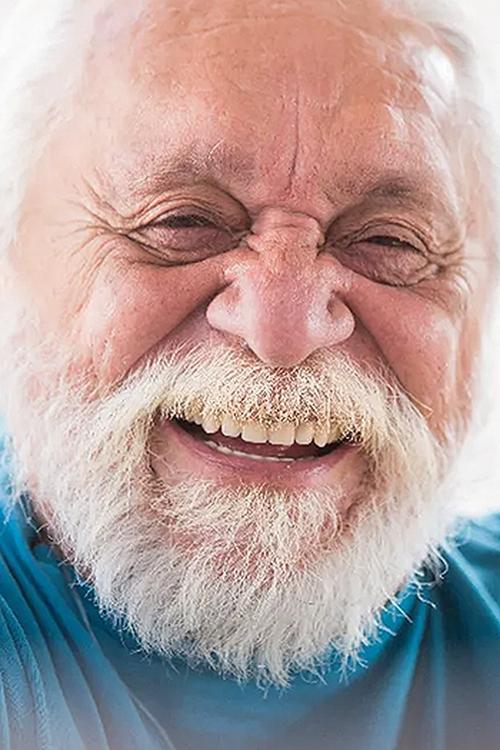
Andrade Jr.
Andrade Júnior
atau dikenal sebagai
Riwayat Hidup
Argemiro Gomes de Andrade Júnior (Fortaleza, January 15, 1945 – Brasília, May 4, 2019), better known as Andrade Júnior, was a Brazilian actor.
A native of Ceará based in Brasília, he acted in dozens of plays and films, and was recognized with the posthumous Kikito for Best Actor at the 48th Gramado Film Festival for his leading role in the feature film King Kong in Asunción (2020), directed by Camilo Cavalcante.
Info Pribadi
Peran Yang Di Mainkan Andrade Jr.
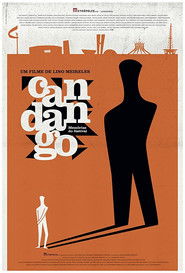 In 1965 a year after the military...
In 1965 a year after the military...Candango: Memoirs from a Festival 2020
In 1965, a year after the military coup in Brazil, an oasis of freedom opened in the country's capital. The Brasília Film Festival: a landmark of cultural and political resistance. Its story is that of Brazilian cinema itself.
 Strong and feminine Why dont you...
Strong and feminine Why dont you...Por Que Você Não Chora? 2020
Strong and feminine, "Why don't you cry?" addresses the delicate topic of suicide. Jessica is very closed, Barbara is a time bomb. The two meet when, at the stage of the faculty of psychology, Jessica meets Barbara. The coexistence leads Jessica to question her empty and meaningless life.
 From sweeper and does everything in...
From sweeper and does everything in...O Mestre da Cena 2018
From sweeper and does everything in theaters in the 1950s, Gê became a nationally renowned artist and one of the most prolific actors in Brasilia. With more than 60 years of career, he has acted in more than 50 films and over a hundred plays, in addition to numerous participations in commercials and soap operas. For some, he is just one among many other excellent national actors, but for those who know him up close, he is a true intangible heritage of Brasília.
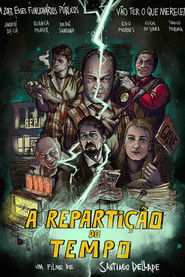 In a forgotten corner of the...
In a forgotten corner of the...Punch the Clock 2016
In a forgotten corner of the vast Brazilian bureaucracy, a psychotic boss uses a time machine to enslave his lazy employees and increase productivity.
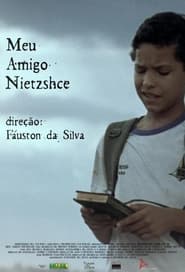 11yearold Lucas finds a philosophy book...
11yearold Lucas finds a philosophy book...My Friend Nietzsche 2012
11-year-old Lucas finds a philosophy book by Nietzsche in the city dump, discarded by its previous owner. This improbable meeting will be the beginning of a violent revolution in his mind, within his family and within society. In the end, Lucas will be no longer a boy -- He will be dynamite.
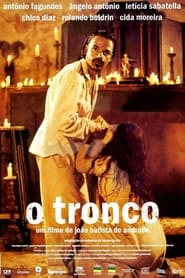 Vicente a tax collector is sent...
Vicente a tax collector is sent...O Tronco 1999
Vicente, a tax collector, is sent to a distant region to defy the dominion of Melo, a powerful landowner. When Melo's henchmen burn down the collector's office building, the government retaliates by deploying soldiers, overseen by Carvalho, a hard-headed judge. Carvalho orders the soldiers to invade Melo's land, which prompts the start of a full-blown war.
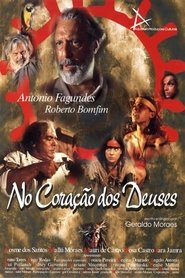 Following the clues of a map...
Following the clues of a map...No Coração dos Deuses 1999
Following the clues of a map, a boy and some adventurers go into the forest in search of treasure from the pioneers, and end up going back two centuries in time, in search of the legendary Minas dos Martírios.
 After an extended period directing original...
After an extended period directing original...The Third Bank of the River 1994
After an extended period directing original screenplays, dos Santos returned to the creative engagement with literature that was the wellspring of his early masterpieces, offering a combinatory adaptation of five stories by the renowned Brazilian novelist João Guimarães Rosa. Openly embracing a mode of magical realism, dos Santos' celebrated film tells the story of a farming family defined by the absence of its father who abruptly abandoned his wife and children, sailing away down the river, including his son who continues to communicate with his father, speaking daily to him from the river bank. While offering an evocative vision of rural Brazil as a timeless land of mystery and solemnity, The Third Bank of the River is also bitingly satiric in the remarkable depiction of religious belief when the family moves to the city and its youngest member, a mesmerizing little girl, is revealed to be a kind of saint, capable of miraculous acts. -Harvard Film Archive
 In 1987 in Goinia two paper collectors...
In 1987 in Goinia two paper collectors...Cesium-137 1990
In 1987, in Goiânia, two paper collectors find a radioactive capsule and sell it to the owner of a junkyard. Once the capsule is opened, more than 250 people end up contaminated by the substance called Cesium 137, being the biggest radiological accident in the history of Brazil.
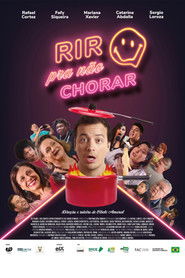
 After the death of his foster...
After the death of his foster...
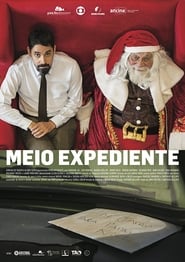 After missing out on his coworkers...
After missing out on his coworkers...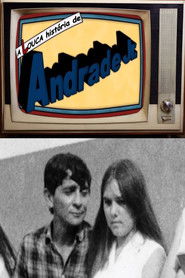
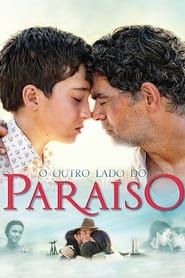 Nando a 12 year old boy narrates...
Nando a 12 year old boy narrates...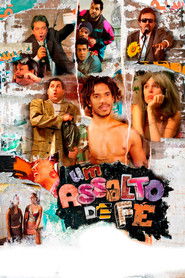
 A group of bored welloff young...
A group of bored welloff young...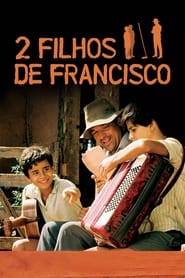 The story of Francisco a very...
The story of Francisco a very...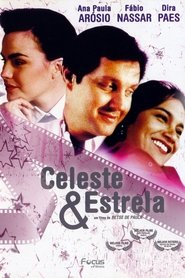 While waiting for her at the...
While waiting for her at the...